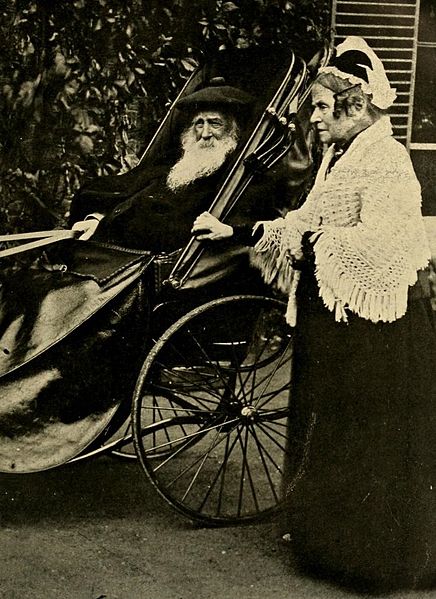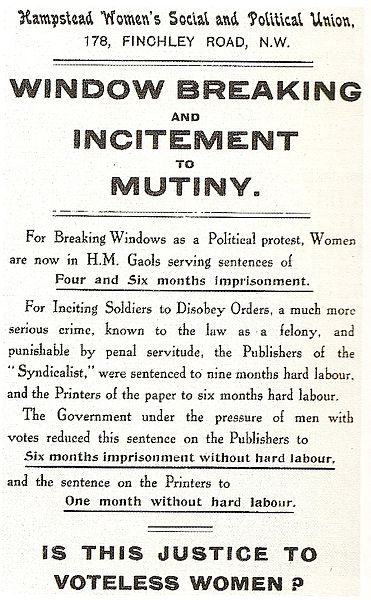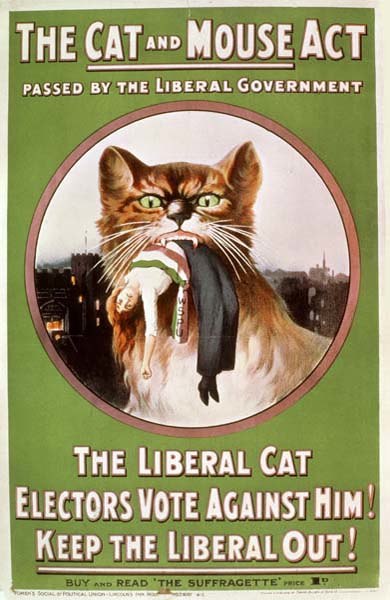Elizabeth Garrett Anderson
Elizabeth Garrett Anderson was an English physician and suffragist. She is known for being the first woman to qualify in Britain as a physician and surgeon and as a co-founder and dean of the London School of Medicine for Women, which was the first medical school in Britain to train women as doctors. She was the first female dean of a British medical school, the first woman in Britain to be elected to a school board and, as mayor of Aldeburgh, the first female mayor in Britain.
Detail from a portrait of Garrett Anderson circa 1900
Her parents, Newson and Louisa Garrett in their old age; from What I Remember by Millicent Garrett Fawcett
A portrait of Garrett in the 1860s
Elizabeth Garrett Anderson before the Faculty of Medicine, Paris
Women's suffrage in the United Kingdom
A movement to fight for women's right to vote in the United Kingdom finally succeeded through acts of Parliament in 1918 and 1928. It became a national movement in the Victorian era. Women were not explicitly banned from voting in Great Britain until the Reform Act 1832 and the Municipal Corporations Act 1835. In 1872 the fight for women's suffrage became a national movement with the formation of the National Society for Women's Suffrage and later the more influential National Union of Women's Suffrage Societies (NUWSS). As well as in England, women's suffrage movements in Wales, Scotland and other parts of the United Kingdom gained momentum. The movements shifted sentiments in favour of woman suffrage by 1906. It was at this point that the militant campaign began with the formation of the Women's Social and Political Union (WSPU).
WSPU poster by Hilda Dallas, 1909.
A handbill complaining about sexual discrimination during the movement.
WSPU poster 1914
WSPU founders Annie Kenney and Christabel Pankhurst








